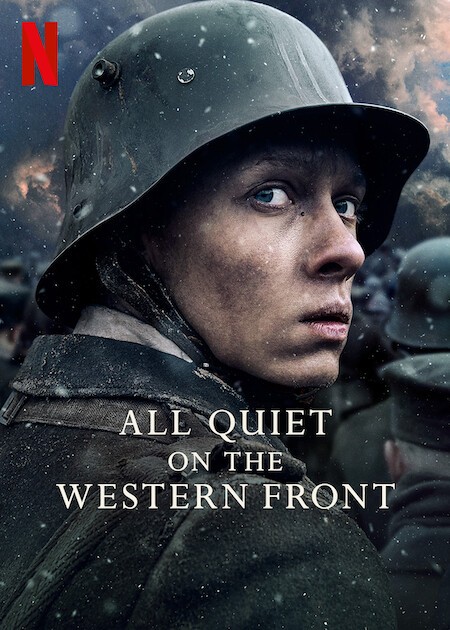Chapter 3 & 4 Review Questions
Chapter 3 Questions
1. Cinema reinforces dominant ideology because there was a lack for counter-cinema. Hollywood would please the mainstream values and social behaviors rather than diversify the ideology. The most important theoretical tool for analyzing cinema's ideological function is through counter-cinema because it allows for a different perspective to be told. It also opens up for different theories to be explored and it diversifies the audience.
2. Theorists stress the importance of developing a counter-cinema because it provides a oppositional style of film making. Jean Luc Godard is someone who amplified the views of counter-cinema. The text states that "his general distinction implies rudimentary binary logic, the implication being that it is possible to dismantle Hollywood by replacing its conventions with with a different set of conventions" (99).
3. Theorists draw attention to how groups are represented on film because there are certain groups that represented differently than others. Feminist film theory has especially addressed the way women are portrayed in films and has influenced viewers to think critically about some of the films. Viewers are able to challenge these images by publicly addressing the issues and can hopefully change the future of how films are portraying certain people.
4. Laura Mulvey's essay had such an immense impact because of it addressed the paradoxical role of women in Hollywood cinema. Many of the arguments that are brought up were how women are portrayed as objects and that many films are from the perspective of the male gaze. She addressed many of the issues and proposed a feminists counter-cinema that challenges social and material forms of oppression.
5. Sound is overlooked because the audience tends to focus on the images that are being shown. The audience wants digest what is being presented rather than focus on what is being said or what sounds effects are being used. Michel Chion who is a French theorist, detailed the importance of sound. His concept of acousmetre, a character within the diegesis who speaks while remaining unseen. Chion believes that the voice and body coming together is always highly charged.
Chapter 4 Questions
1. The main objections of grand theory was that it was too focused and did not encompass any freedom or outside thinking. This is when counter-cinema became more popular and there was more diversity. This allowed for new ideas and perspectives to be explored. This also changed Hollywood as it explored different areas.
2. Gilles Deleuze's approach to cinema is different because he separates it into two different categories of movement-image and time-image. These two image types help separate films from the twentieth century. With Deleuze's theory there were some reservations his approach of the power and difference. However, Deleuze has attracted attention from film theorists and has been able to create common ground between philosophy and media.
3. Digital technologies have played a huge role in how the audience engages with a film. One of the terminologies used in the textbook is called convergence culture. Convergence culture is the relationship between contemporary media and society. This can also refer to technological convergence which is the ability to watch movies on different platforms. By creating a convergence culture I think that this questions some of film theories main principles. Since people are now able to get their hands on films in different ways, the films are being watched on different screens and sound systems that are made for the big screen. Many of the theories are better understood when it is viewed more traditionally.
4. New media has changed cinema as a social practice because there is many ways to watch films and see images. This has created a digital culture that makes it easier for people to advance philosophy, culture, critical thinking. I think this allows people to be able to get a better understanding of new media and old. This can also be called transcoding which is the way that new media absorbs older cultural categories.
5. Film theory does have a future because the world is constantly changing and while there is still social movements and new technology there will still be a future for film theory. Our textbook states that "As along as there are images, there will be a reason for theory, but what that theory is able to do is up to those who take on the task" (156). I think the future of film theory also relies on people, as we need to continue to develop theories and talk about them or else it will slowly become less known to others.




Excellent responses, Brandon! I'm glad you see a future for film theory! (I do, too) ;)
ReplyDelete